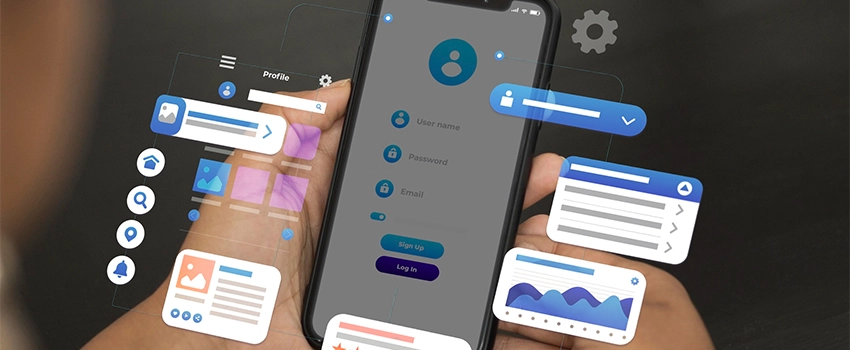Mobile browsing is more popular than desktop-based browsing. In the digital era we live in, mobile browsing is increasingly prevalent. This change was soon followed by an acknowledgement from Google via the Mobile-First Indexing that the way we rank and index sites has fundamentally altered. But how does it affect you as owner of a website?
Whether you own a business website, an e-commerce platform, or just a simple personal blog, understanding Mobile-First Indexing is crucial to ensure your search rankings remain where you need them to be.

In this post, we will take a look at what Google’s Mobile-First Indexing is, why it is essential, and what you can do to make sure that your website is completely optimized for mobile performance.
What Is Mobile-First Indexing?
Google used to consider the desktop version of a site for evaluating relevance and ranking search results. But with the ascendance of mobile browsing, that no longer felt right.
Mobile-First Indexing means Google indexes and ranks your site based on the mobile version of your site first. If your mobile site is lacking, your rankings may drop — even if your desktop site is the best available.
Why Is Mobile-First Indexing Important?
Mobile Traffic Is Dominant: It was recently estimated that mobile searches (on smartphones and tablets) now account for more than 60% of all searches. Google wants to ensure that users’ experiences are seamless, relevant, regardless of the devices they are using.
Mobile is Crucial for SEO Rankings: If your mobile site is slow, cumbersome, and missing critical information, it will be favored by other mobile-friendly sites over yours and demoted in the search results.
User Experience Is Key: Google’s algo places a significant emphasis on user experience (UX), particularly when it comes to mobile users. Low-quality mobile sites that are clunky and unresponsive will increase your bounce rates, which can negatively impact your ranking.
How Does Mobile-First Indexing Affect Your Website?
Content Parity Matters: Place the duplicate quality content on your mobile site and your desktop site.
Mobile Usability Impacts SEO: A bad mobile experience — tiny buttons, illegible text, sluggish loading time — can reduce your site’s search presence.
Structured Data & Metadata: Please ensure that titles, meta descriptions, and structured data are consistent across both mobile and desktop versions.
How to Prepare Your Website for Mobile-First Indexing
Here are some key aspects to optimizing your website:
Use Responsive Web Design: With a responsive design, you won’t have to maintain two different versions of your site (one for desktop and one for mobile.)
Test Mobile Usability: Leverage Google’s Mobile-Friendly Test Tool and PageSpeed Insights to check and fix problems based on mobile.
Optimize Page Speed: Smartphone users want quick load times. Reduce image size, enable browser caching for your site, and optimize code for fast loading.
Focus on Mobile Content: Ensure that all your must-have elements —text, images, and video — can be found and accessed on your mobile site.
Improve Navigation: Simplify the menus (use larger buttons for touch screens) and streamline navigation to enhance the mobile user experience.
Final Thoughts
Mobile-First Indexing by Google is not just a trend—it’s a significant change.
You won’t be able to rank as highly, and you’re going to miss out on visibility, traffic, and customers. Investing in mobile optimization now will help you hang onto your SEO rankings and provide a better user experience.
Need Help Optimizing Your Website?
Base Creative dedicates our skills to creating websites that are compatible with mobile devices and rank well across all platforms. Contact us today to audit and optimize your website for mobile success!
